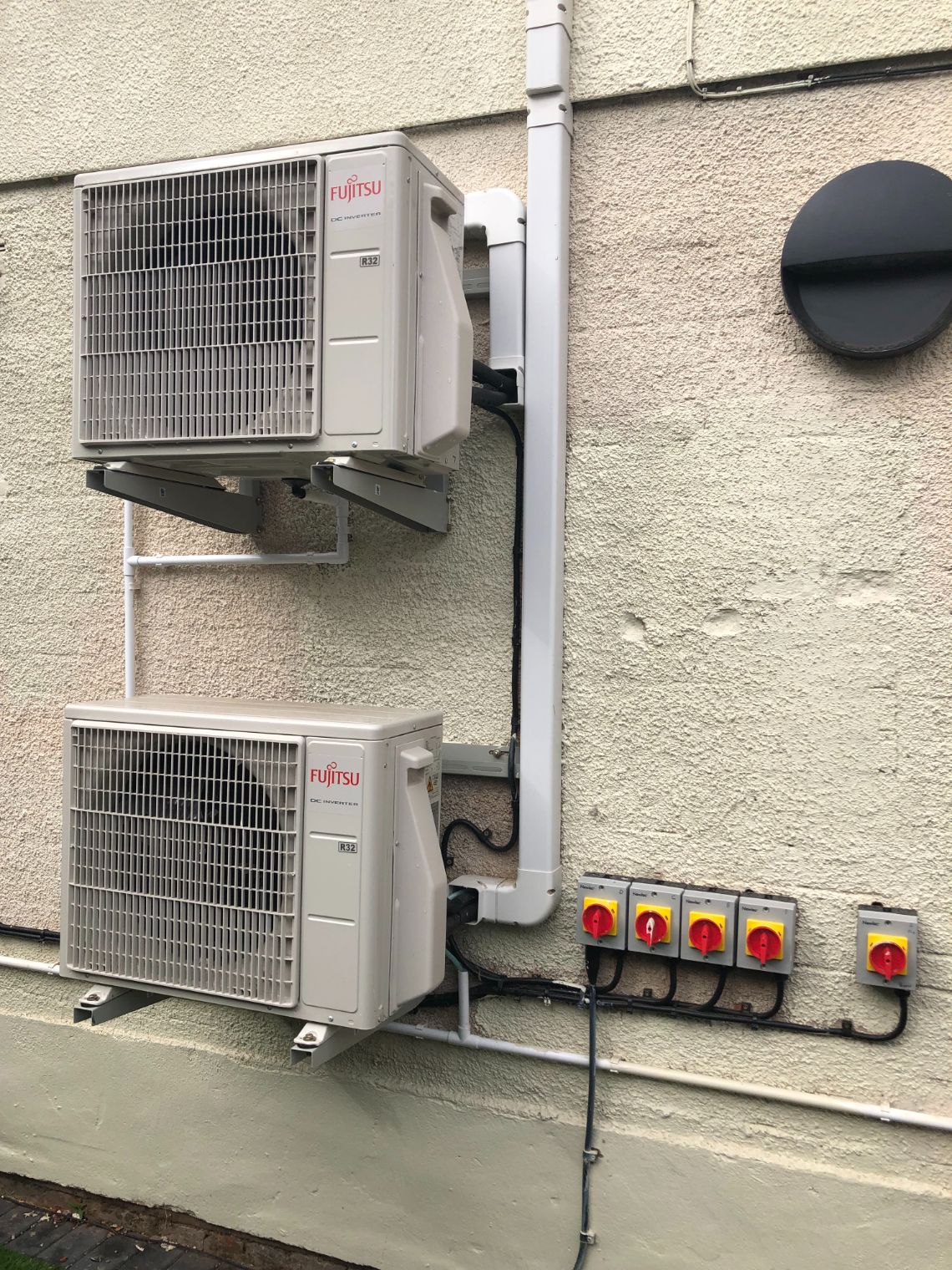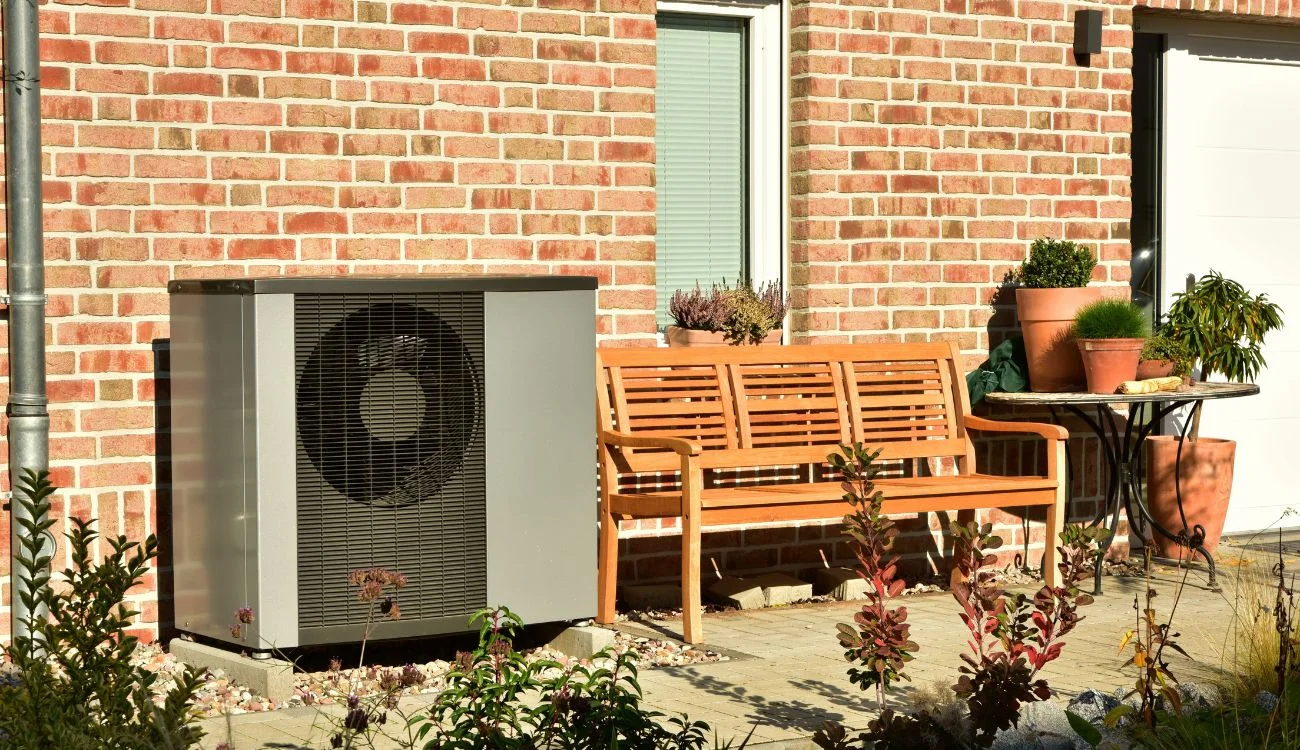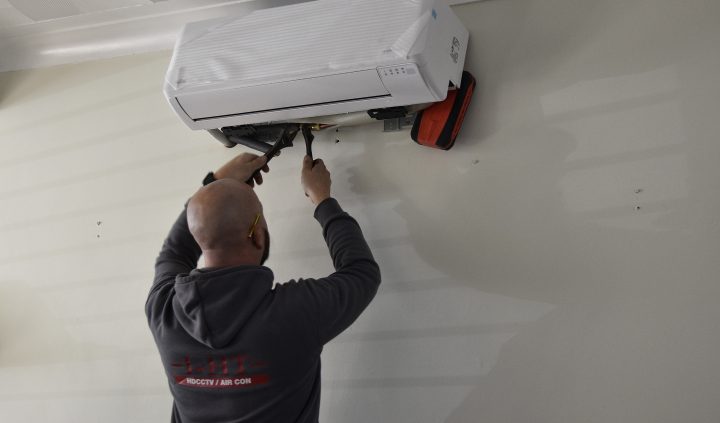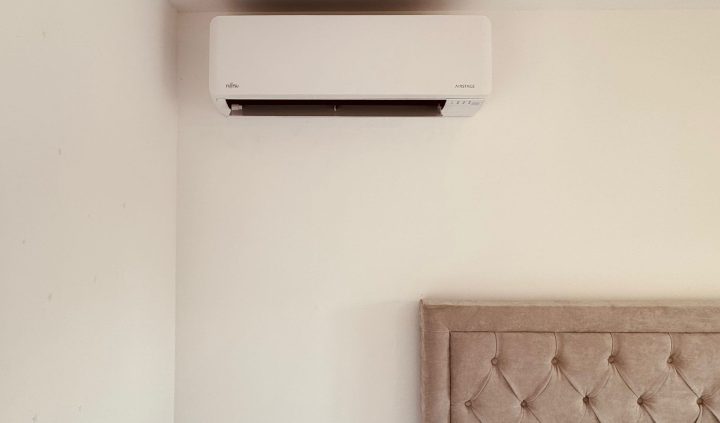
Why Air-to-Air Heat Pumps Are the Most Energy‑Efficient Heating Solution
Air‑to‑Air Heat Pumps Lead the Way in Energy Efficiency
| Feature | Traditional Heater | Air‑to‑Air Heat Pump |
|---|---|---|
| Energy Source | Burns fuel / resistive electric heat | Moves heat via refrigerant |
| Efficiency | ≈ 80–95% | ≈ 300–500% (COP 3–5) |
| Cooling Capability | No | Yes |
| Emissions | Moderate to high | Low (zero on renewables) |
| Comfort Level | Variable | Consistent |
| Operating Cost | Higher | Lower |
Air‑to‑air heat pumps (also called air‑source heat pumps) are among the most energy‑efficient and environmentally friendly heating solutions available today, especially compared to traditional electric, oil, or gas systems.
1. They Move Heat, They Don’t Generate It
Unlike furnaces or electric heaters that burn fuel or convert electricity directly into heat, air‑to‑air heat pumps transfer existing heat from the outdoor air into your home using a refrigerant cycle. Even in cold weather, outdoor air contains usable thermal energy that can be extracted and released indoors.
2. Reversible for Year‑Round Comfort
Air‑to‑air heat pumps can reverse their cycle to provide cooling in summer. This dual functionality often replaces the need for separate heating and air‑conditioning systems with one energy‑efficient solution.
3. Lower Carbon Emissions
Because they consume far less electricity than resistance heaters and avoid burning fossil fuels on‑site, air‑to‑air systems significantly reduce greenhouse‑gas emissions, especially when powered by renewable electricity.
4. Reduced Operating Costs
Although the upfront cost can be higher, ongoing energy savings quickly offset the difference.
- Lower monthly heating and cooling bills.
- Fewer moving parts than combustion systems mean lower maintenance.
- Currently, there is no VAT payable on domestic air‑to‑air installations (government incentive).
5. Improved Comfort and Air Quality
Air‑to‑air systems deliver thermostatically controlled, steady heating instead of short, hot bursts. Many units include built‑in air filtration and humidity control, improving indoor air quality.












